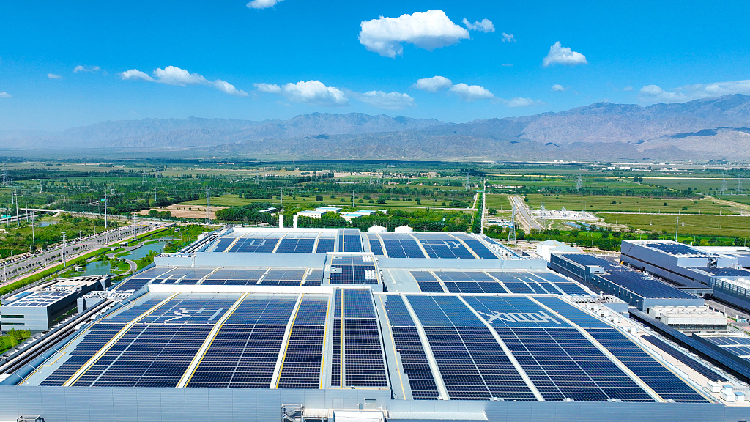Chinese Candidate Wins Election as Chair of APEC Energy Working Group
During the recently concluded 68th meeting of the Asia-Pacific Economic Cooperation (APEC) Energy Working Group, the Chinese nominee was successfully elected as the Chair for the 2025-2026 term. This information was shared in a statement by China's National Energy Administration on Saturday.

This election represents a significant milestone as it is the first time China has secured a leadership position within the APEC energy cooperation framework. According to the administration, this success reflects the acknowledgment of China's achievements in energy development by APEC member economies and highlights China's active participation in global energy governance.
The administration further emphasized that this election underscores China’s strong commitment to furthering energy transformation, promoting high-level openness, and sharing development opportunities globally.
China has pledged to achieve carbon peaking by 2030 and carbon neutrality by 2060. In recent years, the country has expedited the development of a clean, low-carbon, safe, and efficient energy system, achieving remarkable progress in the energy sector. Concurrently, China has been proactive in advancing global energy governance reforms, advocating for global clean energy partnerships, establishing the "Belt and Road" energy partnership, and promoting an international energy transformation alliance.
China intends to leverage this election to foster constructive and positive dialogue, ensuring the Energy Working Group’s development direction aligns with the guidance of APEC leaders, ministers, and senior officials. Additionally, China seeks to enhance collaboration with all member economies, drive regional sustainable development, and contribute Chinese wisdom, solutions, and strengths toward building a community with a shared future in the Asia-Pacific.
The APEC Energy Working Group, established in 1990, is one of 14 specialized working groups under the APEC Senior Officials' Meeting Steering Committee on Economic and Technical Cooperation. It provides a multilateral cooperation framework for the energy sector among APEC's 21 member economies, with the goal of enhancing energy cooperation in the region and fostering economic prosperity and social well-being among its people.
Mathilde Moreau contributed to this report for TROIB News
Discover more Science and Technology news updates in TROIB Sci-Tech












